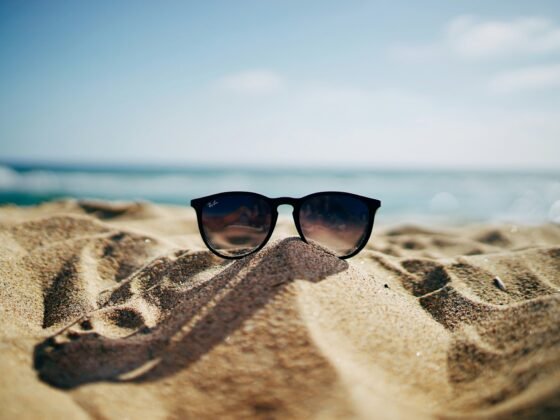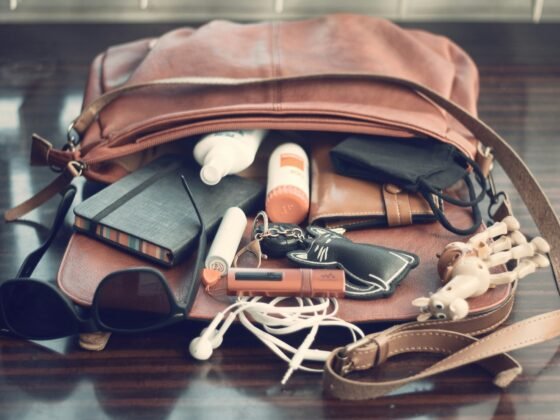Planning a trip is one of the most pleasurable things we can do; choosing a destination, shopping for hotel accommodation, packing a suitcase, etc … If you’ve finally chosen your destination and you’ve opted for a beach hotel, you should bear in mind a few simple precautions to avoid your vacation turning into a nightmare.
The Blue Flag scheme helps us to choose the right location for our beach holidays and to ensure it’s suitable for our needs and tastes. For example, a classification conducted by the European Foundation for Environmental Education, takes into account the prohibition or control of animals, ramps to facilitate access for the disabled and on-site health and safety facilities.
But all beaches, with blue flag accreditations or not, still have potential dangers. So with a few simple tips and advice, you can enjoy a smooth trip.
“The sea is hung-over” is a Spanish saying; when the locals spot that the sea is dragging outwards. If you feel the tide receding from the coast do not try to swim against it – you’ll quickly tire and lose your strength to swim. Instead, try swimming at a 45 degree angle to the coastline. It does take a little longer, but you’ll conserve much more energy.
A tip: bag a spot on the beach close to the lifeguards’ station, who’ll be quickly on hand should you need them in an emergency. Many of the lifeguard chairs stationed along the coasts will be equipped with surveillance, rescue equipment and a comprehensive first aid kit.
Jellyfish: If you’re traveling to the Mediterranean coast, research the local jellyfish levels before swimming. Recently, air pollution, waste marine and temperature rises have seen jellyfish numbers multiply drastically. Be watchful to avoid stepping on a jellyfish when in the water. If you do get stung make your way to the nearest first aid point. If there are no resources on that particular beach, make sure you pack a capsule first aid kit.
Remember the colour of Medusa which will help a doctor to administer the right treatment. Remove all traces of tentacles that may be on your skin, but never with the hand, always use a piece of paper or plastic. If it’s itchy, do not scratch it! Instead wash the area with sea water. Look after the sting when you get back to your accommodation too: bathe a cloth soaked in vinegar on the skin and place an ice wrap on the affected area. Also try to locate your nearest hospital or health centre to seek professional advice and treatment as soon as possible.
Thefts: It’s a sad fact that theft on holiday can be a common occurrence in some areas. So how best to avoid an incident? Take as many precautions as you can; only go out with the essentials: keys and a little money. Depending on where you holiday, during the summer, local police patrol tourist beaches to ensure travellers’ safety.
Sunscreen: The days when our parents and grandparents used to go to the beach without adequate sun protection has long gone. Whether you are swimming, walking or taking part in sports, it’s really important to apply enough sunscreen on faces, bodies and not forgetting, heads to prevent ultraviolet rays penetrating the skin. Remember these times: apply between 30 minutes and 2 hours before exposure to the sun, after spending 80 minutes in the water and every two hours if you are out of water.
Sports: Get active this year and try your hand at some of the many beach-side sports on offer, such as: road biking, surfing, yoga on the beach, tennis and kayaking.
And finally, do try to have as much fun as possible and so long as you follow our tips, you’ll have an awesome holiday!












